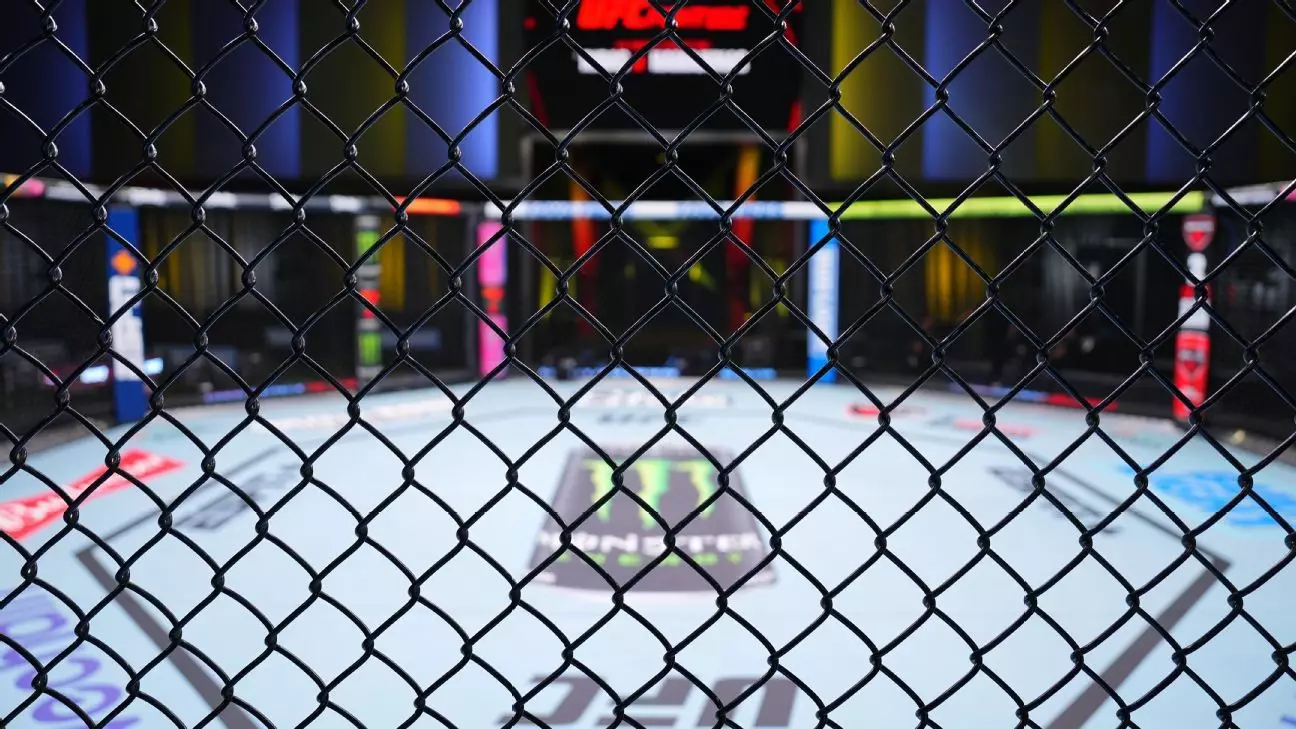The world of Mixed Martial Arts (MMA) has been rocked recently by a significant legal development involving the UFC (Ultimate Fighting Championship), one of the most prominent organizations in the sport. A Nevada judge has granted preliminary approval for a substantial settlement of $375 million intended to conclude the first antitrust lawsuit stemming from the long-standing complaints of UFC fighters. This article delves into the implications of this settlement, the ongoing struggles within the MMA industry, and the potential for lasting changes in the promotion’s business practices.
The roots of this antitrust lawsuit trace back to 2014, when allegations emerged that Zuffa, the parent company of the UFC, had violated antitrust laws by underpaying fighters and creating an environment detrimental to competition within the MMA landscape. Plaintiffs argued that the UFC employed various controversial tactics to solidify its dominant position, effectively suppressing fighter salaries and stunting the growth of rival promotions. This lawsuit is not just a legal battle; it symbolizes the fight for equity for athletes who labor under immense physical and financial strain.
On September 5, Judge Richard Franklin Boulware II approved the settlement terms that provide financial relief to hundreds of MMA fighters. The initial proposal of $335 million was rejected by Boulware, who deemed it inadequate, leading to a renegotiated settlement amount that is aimed specifically at claims made in the Le v. Zuffa case covering fighters active between 2010 and 2017. Boulware’s tentative approval marks a pivotal moment in what has been a decade-long struggle, with a final hearing expected to occur in the upcoming months where the final approval will be decided.
One aspect of this settlement that stands out is the acknowledgment of the financial hardships faced by numerous fighters. In supporting statements, over 150 fighters voiced urgent pleas for relief, citing real struggles that many experienced post-retirement. One particularly resonant comment came from Shane Carwin, a former interim heavyweight champion, who emphasized that the settlement could be life-altering for many individuals.
The approval of the settlement has been met with optimism from both sides. UFC representatives expressed satisfaction with the progress, indicating that this move brings them closer to closing a contentious chapter. Eric Cramer, the lead attorney for the plaintiffs, heralded the decision as a monumental achievement not only for the representatives involved but for all fighters seeking better contractual conditions.
However, even as relief appears to be imminent, the legal battles are far from over. A second lawsuit, Johnson v. Zuffa, is still ongoing, addressing issues post-2017 and seeking to instigate more profound changes in how UFC operates. This ensuing lawsuit underscores a pervasive sentiment among fighters that systemic changes are necessary within the organization to ensure fair competition and equitable treatment. As both cases unfold, the outcomes may reshape how the UFC and potentially all professional sports entities structure their contracts and business practices.
While this settlement represents a significant milestone for involved fighters, it also serves as a pivotal moment within the broader MMA landscape. The case has spotlighted accepted practices within the industry that have long been concealed behind the allure of high-profile fights and star athletes. The settlement could signal a shift not only in UFC practices but also instigate a reevaluation of fighter contracts across various promotions.
The outcome of these lawsuits could inspire other athletes in different sports to mobilize against similar practices, emboldening a collective push for more equitable treatment. The clearing of legal hurdles may also open the door for new, competitive promotions to flourish, challenging UFC’s long-standing dominance.
As the final approval hearing approaches, all eyes will be on the Nevada court system, and there is a palpable sense of hope among the fighters and their advocates. However, achieving true equality and reform in the fight industry will require persistent advocacy beyond monetary settlements. The momentum gained from these legal proceedings might just herald a new era for MMA, where fighters, as both athletes and individuals, demand and receive the respect and compensation they deserve.

